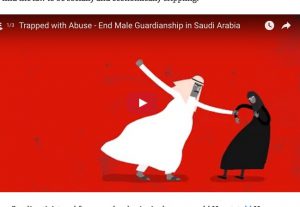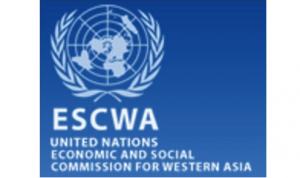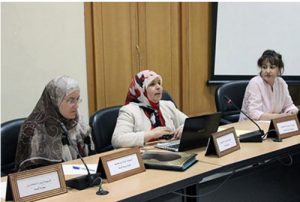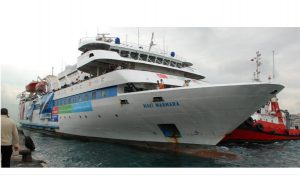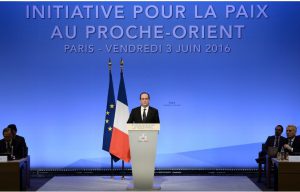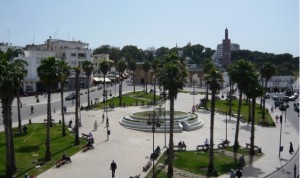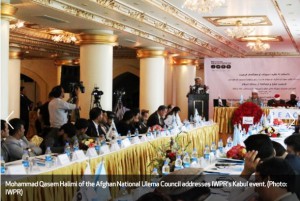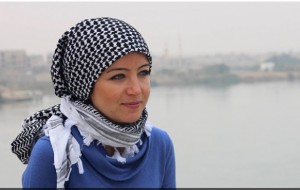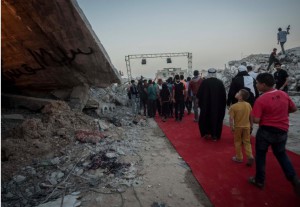FREE FLOW OF INFORMATION
A survey by CPNN
The following events were listed in “Google News” during the week of September 17-24 for the International day of peace. All but the last three were listed under the arabic script. Although the links below are in English, the articles are in arabic; hence, unless you can read arabic, you will need to use a translation service such as that of google as we have done. For events elsewhere in the world, click here.
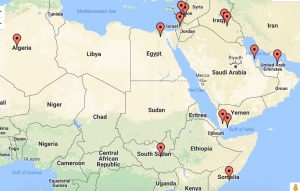
(Click on image to enlarge)
As seen on the map above, there were articles about 14 events for the International Day of Peace in 11 Arab states.
Here are excerpts from the articles.
As you can see from the preceding map, there were
Bahrain: The Minister of Labour and Social Development Jamil Humaidan, the United Nations Information Centre for Arab Gulf countries and the Bahrain Assembly of the Baha’i held an event to celebrate the International Day of Peace. Participating in the celebration were a number of officials of the ministry, members of the House of Representatives and the Shura Council and the heads of councils and associations, as well as intellectuals, opinion leaders and clerics of different sects and relligions.
Lebanon: The Organization Media Association for Peace-MAP, in collaboration with the United Nations Information Centre in Beirut and the Club “Masterpiece,” held a celebration to display artistic talents within the activities of the Beirut Festival. The celebration saw the participation of talented young people in singing, dancing and playing music, with messages calling for peace and hope through art.
Egypt: The Day of Peace was held on the Greek campus of the American University in Cairo. A workshop discussed the situation of refugees and foreign students in Egypt, in addition to taking the values of accepting the other. Participants included a number of expatriate student leaders and members of the African community living in Egypt, as well as representatives from civil society the UN High Commissioner for Refugees, and academic researchers and activists in the field of refugees.
Somalia: The Somali Youth Dialogue Centre organized a ceremony in the capital, Mogadishu, to commemorate the International Day of Peace. Participants included government officials and MPs and civic organizations involved in public affairs, as well as guests of honor, notables and elders of the community. The director of Youth Dialogue Center stressed that Somali youth should be give the opportunity to take the initiative for lasting peace and stability in the country.
Taiz, Yemen: A workshop was held on “Social effects of the conflict in Taiz and ways to promote coexistence and social peace.” The director of the sponsoring foundation, Mohamed Ahmed Haj Amin, called for peace-building in addition to humanitarian aid and support for education in the effort to restore security, peace and stability to the province of Taiz.
(Article continued in the right column)
What has happened this year (2016) for the International Day of Peace?
(Article continued from the left column)
Aden, Yemen: The Al Mualla Foundation of Aden sponsored a meeting of women entitled “Open dialogue on peace.” The women concluded that the media should be activated to publish oncepts of peace in schools, universities, and other meetings and gatherings and to achieve a peace free from the partisan and sectarian strife of the ongoing war in Yemen. The meeting was attended by representatives from government agencies, civil society organizations, young women and housewives.
Al Diwaniyah, Iraq: A festival of music, theater and fine arts was held in Diwaniyah. A member of the preparatory committee for the festival, Bara Nihad, said that ” a group of young activists and volunteers in the province, agreed to draw a picture of peace in Diwaniyah, a number of art events and exhibitions produced by youth.” She expressed her delight at the large and interactive audience and explained that the festival provides a vision of peace and the desire of citizens for civic life, freedom of opinion and expression unlike the fighting in the fronts to expel Daesh. Hence there was no involvement of any government or party in the events and the young organizers relied only on their own energy and talents.
Hillah, Iraq: Activists in the Babylon tourist Resort (6 km north of the city of Hillah) greeted the World Day of Peace in the spirit of spreading “love, peace and tolerance” among children and displaced people. They sent a message to the world that the Iraqis are keen to achieve “coexistence and national unity.”
Damascus, Syria: On the occasion of the World Day of Peace the chorus of St. Ephrem Syriac Patriarchate and the choir Ohieddith Adonia, in collaboration with the United Nations Development Programme, gave a concert in Damascus. The concert included traditional and popular songs representing Syrian folklore of various kinds with the theme “Blessed are those who seek peace.”
United Arab Emirates: At the association’s headquarters in Dubai the Emirates Association for hostels celebrated the day of peace with the slogan «sleep peacefully» for all the world ‘s youth hostels. The celebration was organized under the patronage of the Minister of culture Sheikh Nahyan bin Mubarak Al Nahyan.
Palestine An event in Ramallah drew about a thousand Palestinian school and sent a message of peace to the countries of the world and to the members of the international Quartet. Balloons and white doves were released to express their hopes and dreams for a better future, “we want to live in peace.”
Gaza, Palestine In the old port of Gaza, dozens of Palestinian children from public and private schools manifested their appreciation for international solidarity and their hope that
the ship of women bound for Gaza would be able to break the Israeli blockade . They addressed a message of peace and hope to the entire world: “We, children are the light of Palestine. . . May justice prevail!”
Algeria: On the occasion of the international Day of peace, the wilaya of Mostaganem organized a ceremony for the Emir Abdelkader prize, given to three personalities who contributed to the promotion of peace: Federico Mayor from Spain, Raymond Chretien from Canada and Lakhdar Brahimi from Algeria.
South Sudan: The United Nations’ Funds, Programmes and Agencies, and the peacekeeping mission organized a number of events across the country, in collaboration with the National Platform for Peace and Reconciliation (NPPR) and other non-governmental organisations; alongside the launch of the 100 days of peace activism; a platform for all voices calling for peace, healing, and reconciliation to unite and send powerful messages to leaders and calling for a peaceful resolution to the current crisis.
